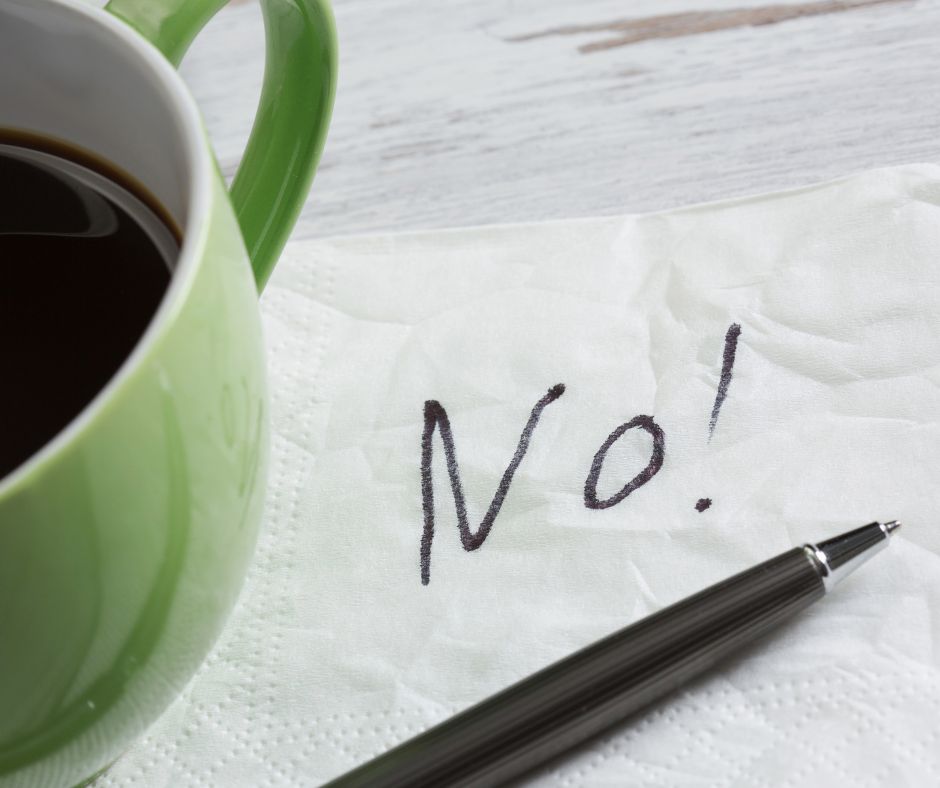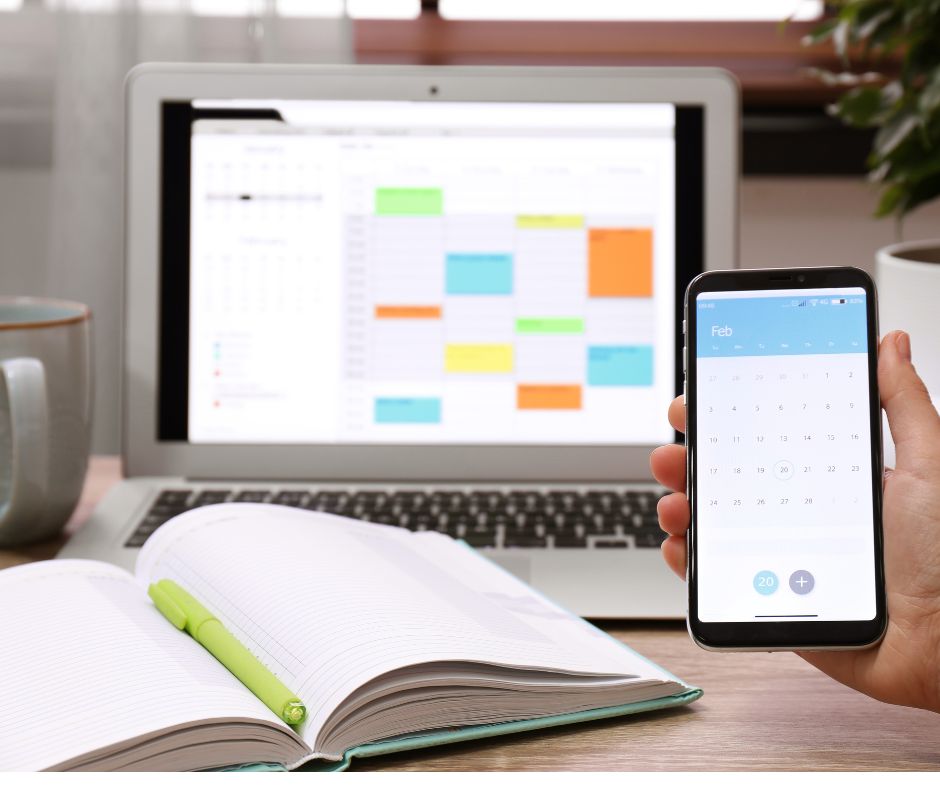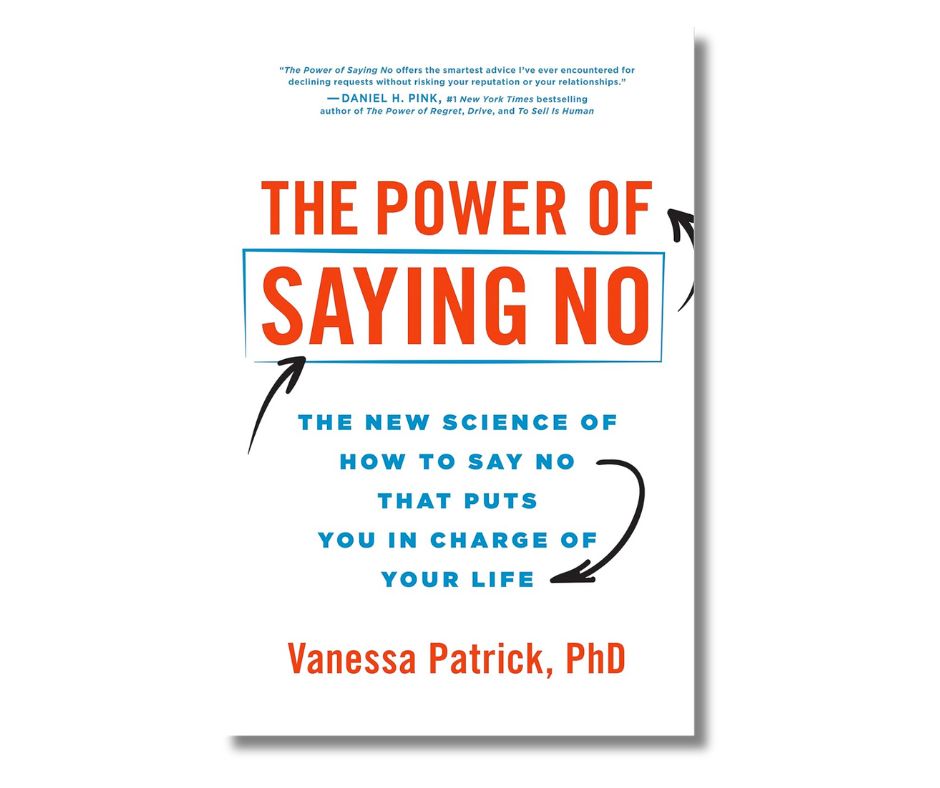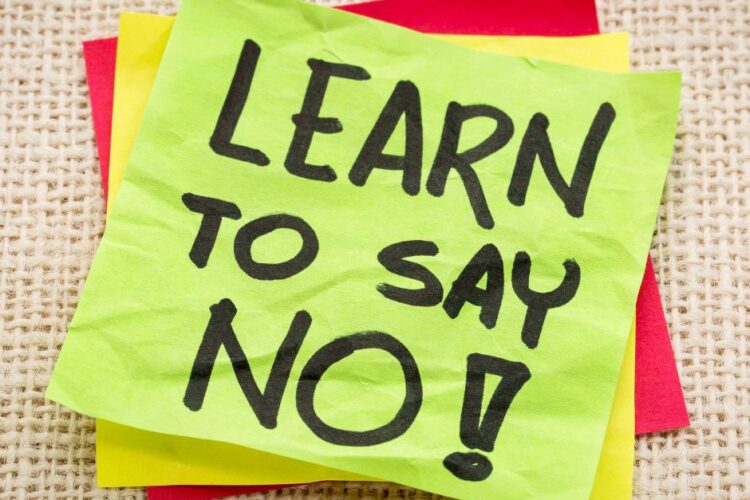Setting Limits, Prioritizing Self-Care, and Choosing Commitments Wisely Amidst Chronic Illness
It’s time to embrace the magic of a tiny yet mighty word: “No”. Lately, I’ve been feeling much better and have been eager to say “yes” to every opportunity, request, or invitation that comes my way. After all, spreading positivity and accommodating others’ needs is second nature to me. However, there’s an art to saying “no” that we can master without compromising our sunny outlook on life.
“No” is often seen as negative, but it can actually be empowering and a way to take care of yourself. Saying “no” doesn’t imply pessimism; rather, it signifies respect for your time, energy, and priorities. By embracing the art of “no,” we carve out space for the things that truly matter and preserve our energy.

Here are a few reasons why saying “no” can be a positive force in our lives:
Honoring Priorities
Every “yes” we offer takes a slice of our time and energy pie. By judiciously saying “no,” we prioritize our goals, passions, and well-being. This empowers us to devote ourselves fully to what aligns most with our values. Of course for this we need to be clear about our priorities!
Healthy Boundaries
Saying “no” sets healthy boundaries. It communicates our limits, preventing burnout and fostering a balanced life.
Clarity and Focus
When we decline what doesn’t resonate with us, we gain mental clarity and focus. This allows us to work on the things that are important to us and bring us forward.
But how do we say “no” without causing disappointment? Because more often than not we say yes to things because we don’t want to disappoint anybody.
Here are a few tips:
Gratitude First
Express gratitude for the opportunity or request. Acknowledge the value it holds while kindly declining.
Be Firm, Yet Polite
When declining, it is important to be gentle yet firm. Communicate your limitations with kindness, emphasizing the importance of preserving your health. Keeping it simple and honest is the key.
Offer Alternatives
If possible, suggest alternatives or compromises that might help the situation without overextending yourself.
Acknowledge Your Limits
Recognize and honor your physical and emotional boundaries. Saying “no” isn’t a sign of weakness but an act of self-awareness and self-care. Embrace it with self-compassion and without guilt.
Prioritize Self-Care
Make self-care a non-negotiable priority. Saying “no” allows you to allocate time and energy for activities that nourish and support your health.
Choose Your Commitments Wisely
Assess every request or opportunity against your energy levels and health needs. Opt for commitments that align with your well-being and bring you joy.
Utilize Technology and Tools
Make the most of technology and tools to effectively handle tasks. Say “no” to unnecessary stress by employing apps, reminders, or accessible tools to ease daily burdens.

Create a Support System
Surround yourself with understanding and supportive individuals. Communicate your needs to close friends and family, empowering them to respect your boundaries.
Practice Self-Compassion
Let go of guilt associated with saying “no.” Embrace self-compassion, understanding that prioritizing your health is an act of love towards yourself.
Remember, saying “no” isn’t a rejection of opportunities but a mindful choice to preserve your well-being and positivity. By gracefully declining what doesn’t serve your health, you’re nurturing the strength needed to shine through life’s challenges.
Book recommendation
Vanessa Patrick’s book, “The Power of Saying No,” explores the significant impact that a clear and assertive “no” can have on our lives. It’s not just about declining; it’s about reclaiming control over our time, energy, and well-being.
Dr. Patrick explores the difficulties we encounter when we have trouble declining requests or making commitments. Through her insights, I learned that saying “no” isn’t selfish; it’s an act of self-care and empowerment.
This book isn’t just about refusal; it’s a journey into understanding the psychological benefits of setting boundaries. Saying “no” can improve mental health, productivity, and relationships when done with respect and honesty.
You can get the book, e-book or audiobook here on Amazon (affiliate link):
https://amzn.to/3T8Tb1v



